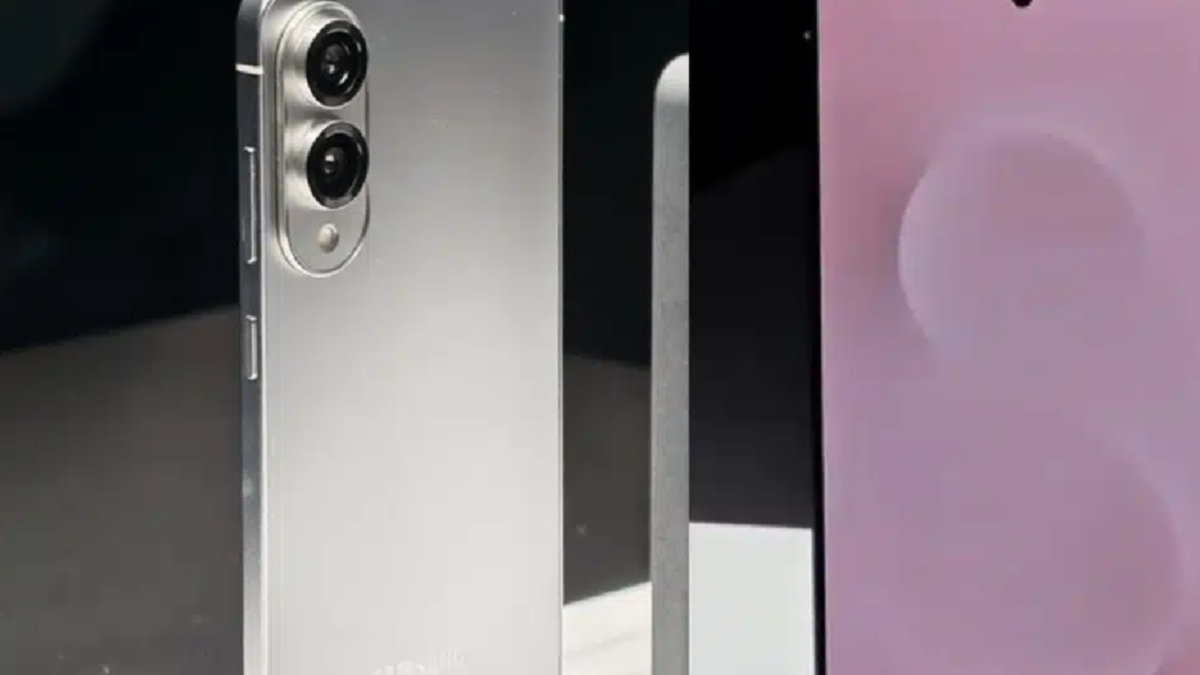Google has introduced Gemma, an open-source AI model enabling users to craft their own AI chatbots and tools using the technology from Google Gemini. Gemini, previously known as Bard and Duet AI, offers a suite of AI tools.
Gemma comprises open-source models derived from the technology and research behind Gemini, developed by the Google DeepMind team. In addition to the new open-source model, Google has released a ‘Responsible Generative AI Toolkit’ to assist developers in working with Gemini, as stated in an official blog post.
The open-source model is available in two versions: Gemma 2B and Gemma 7B. Both variations have undergone pre-training to filter sensitive or personal information. Furthermore, they have been subjected to reinforcement learning from human feedback to significantly mitigate the risk of generating harmful content through Gemma-based chatbots.
Taking a Positive Step Forward
While Gemma may seem like just another chatbot-spawning model (which isn’t entirely inaccurate), Google’s announcement suggests a genuine intent to “[make] AI helpful for everyone.” This reflects a move towards more responsible AI usage by the company.

Gemma’s launch follows closely after OpenAI revealed its impressive video generator, Sora. While the full potential of Gemma remains to be seen, Google’s efforts toward responsible AI development are reassuring. Unlike OpenAI’s history of rapid feature releases followed by cleanup and safeguards, Google appears to be taking a more cautious approach.
Another notable aspect of Gemma is its compatibility with local hardware, such as a single CPU or GPU, although Google Cloud remains an option. This means that even a basic laptop could be used to develop the next popular AI personality. With neural processing units becoming increasingly common in laptops, building AI is becoming more accessible than ever.
Discover more from NewForTech
Subscribe to get the latest posts sent to your email.




